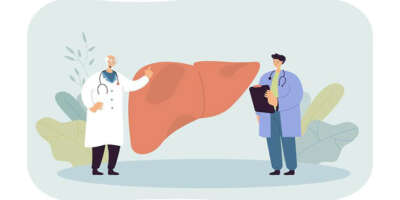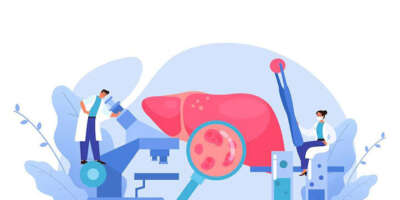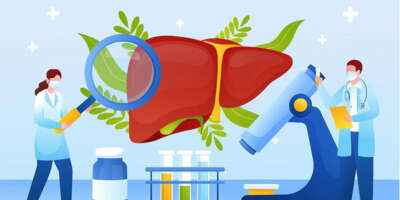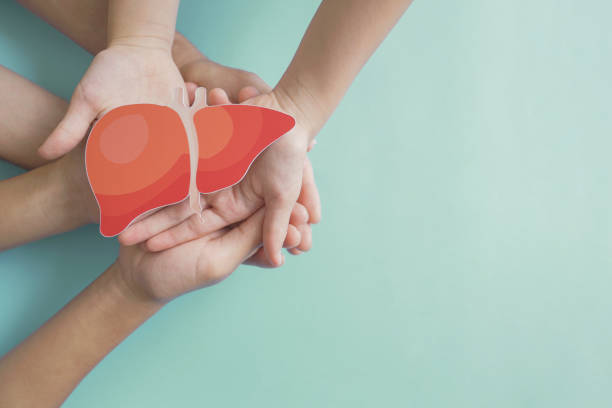Liver disorders are becoming increasingly common, with liver disease now considered to be one of the leading causes of death worldwide. The liver is a vital organ that plays a crucial role in maintaining overall health. It is responsible for filtering toxins from the blood, producing bile to aid digestion, and storing essential nutrients like vitamins and minerals. When the liver is compromised due to illness or injury, its ability to perform these functions is impaired.
Nutrition can play an important role in managing liver disorders by supporting the liver’s function and promoting healing. A balanced diet rich in whole foods like fruits, vegetables, and lean protein sources can provide the necessary nutrients needed for optimal liver health. However, it’s equally important to avoid foods that may cause additional stress on the already compromised liver such as alcohol, fried or fatty foods, sugary drinks and processed snacks.

Fatty Liver Disease
- Detailed Nutritional Assessment
- Online nutrition consultation (30 minutes)
- Detailed diet plan
- Handout for Do’s and Dont’s
- Special focus Low Carbohydrate and High Protein diet

Liver Cirrhosis
- Detailed Nutritional Assessment
- Online nutrition consultation (30 minutes)
- Detailed diet plan
- Handout for Do’s and Dont’s and Protein Exchange
- Special focus Salt restricted, High Protein diet

Pre Liver Transplant
- Detailed Nutritional Assessment
- Online nutrition consultation (30 minutes)
- Detailed diet plan
- Handout for Do’s and Dont’s
- Special focus Low Carbohydrate and High Protein diet

Post Liver Transplant
- Detailed Nutritional Assessment
- Online nutrition consultation (30 minutes)
- Detailed diet plan
- Handout for Do’s and Dont’s and Protein Exchange
- Special focus Salt restricted, High Protein diet

